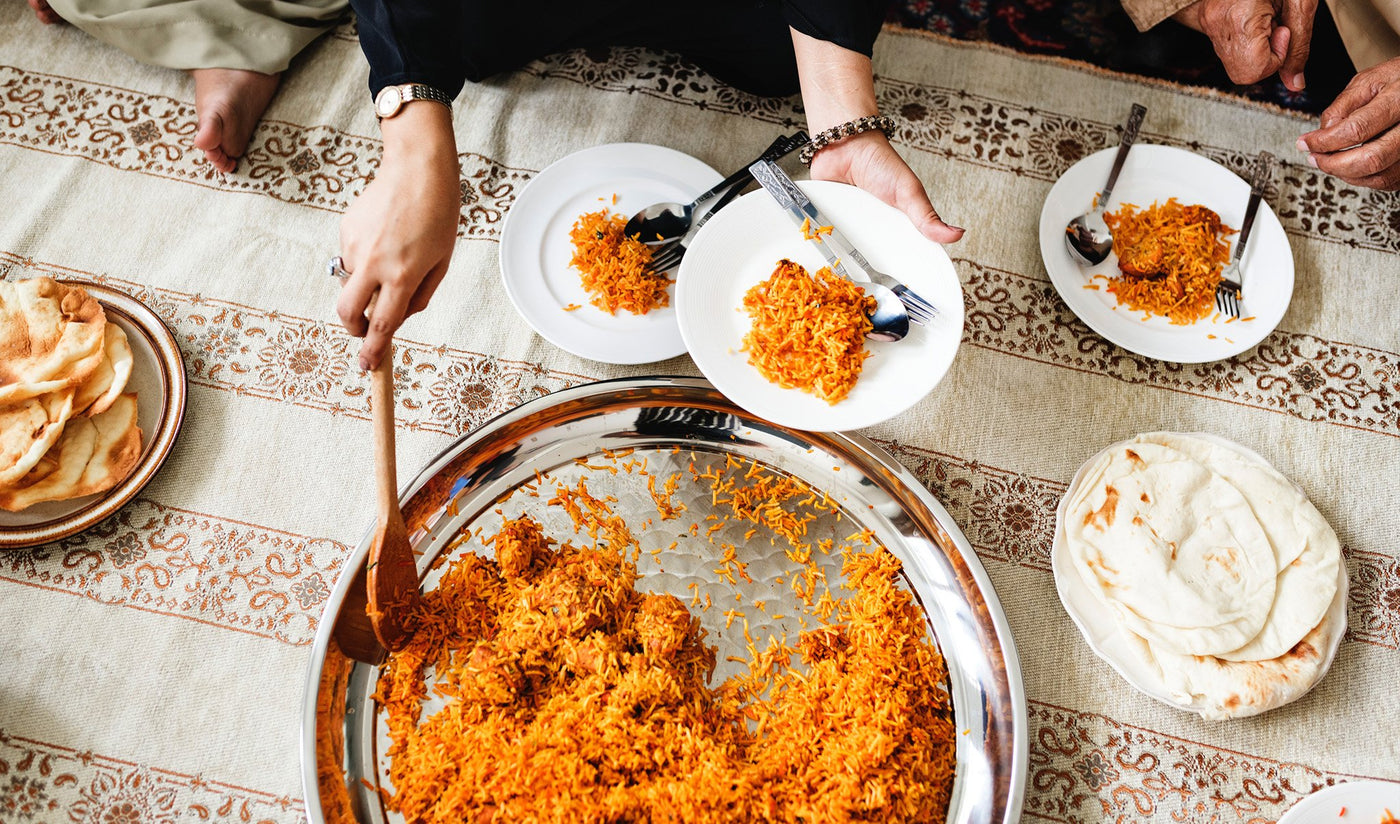Your Cart is Empty

Do you know the right foods for Jewish holidays? Food is extremely important in Jewish culture and it must be incredibly precise and maintained to be in accordance with kosher standards. Food is not only important in Jewish culture simply because of the tastes, the preparation standards, or the variety. Food is significant because of the history it represents of the past, and the connections it brings to us in the present and for the future. Food brings us together in mourning, in celebration, on somber days, and on joyous occasions. And because food is so important, it’s important to know which foods hold significance on which Jewish holidays during the year.
Shabbat
Shabbat occurs every week on Friday, considered the seventh day of the week. Shabbat is a day to forget about the work week behind you and focus on the things most important in life: spending quality time with family. This day is all about rest and relaxation. Wine, lighting candles, and challah dominate this day each week, with the main foods being that of gluten-free challah, and predominantly vegan and vegetarian dishes instead of chicken or brisket.

Rosh Hashanah
The Birthday of the Universe, as it’s sometimes referred to, is a day representative of discovery, introspection, and new beginnings. Much like the January 1st New Years celebration, Rosh Hashanah is for making goals, and leaving the past behind to focus on the future ahead. The right foods for this Jewish holiday include: honey-dipped apples, a delicious stew of carrots, meat, potatoes and prunes, and dessert headlined by rich honey or walnut cake.
Purim
Complete celebration: that’s what Purim is all about. If you celebrate Purim, you’re in for an abundance of fun, dancing, costumes, carnivals, and festivals. It is customary to give gifts of fruit and delicious goodies on Purim. This holiday encourages indulging of sugar-filled sweets, most famously the Hamantaschen, the popular tri-cornered cookies, full of poppy seeds and preserved fruit.
Passover
With themes of liberation and rebirth, families and friends are gathered for a ritual holiday meal called the sedar. This holiday is filled with symbolic foods like the charoset, which is available in many varieties and flavors, the matzah ball soup, brisket, mima pies, and a mixture of delicious fruits and vegetables.
Sukkot
This holiday coincides with the harvest season, remembering when workers worked the harvest season, living out in hut-like structures as they tended to the fields. This holiday is a joyous eight day celebration where those who celebrate temporarily live in outdoor structures, decorating them with all sorts of themed decorations and pumpkins, capturing what the days stand for. In honor of the harvest, it is customary to eat strictly harvest-related items during the eight day celebration, such as pumpkins and squash, cabbage, peppers, and other vegetables typically grown during the season.

Hanukkah
When it comes to knowing your Jewish holiday food, Hanukkah, being arguably the biggest and most popular holiday, is certainly one you should be familiar with. Celebrating freedom and the rededication to the temple of Jerusalem, Hanukkah, otherwise called the Festival of Lights, is one of the most recognizable Jewish holidays, mostly because of the Menorah. Hanukkah is the holiday to indulge and enjoy many fried food variations. Donuts are an extremely popular dessert this time of year, with donuts being sprinkled, honey-dipped, and yes, even fried.
Yom Kippur
Occurring just four days before Sukkot, Yom Kippur is a day also known as the Day of Atonement and is considered the holiest day of the year. The specific foods to eat during this holiday are… a little more complicated. This holiday includes a day-long fasting period. So, if you’re keeping track of the right foods for Jewish holidays, Yom Kippur is easy to remember: nothing.